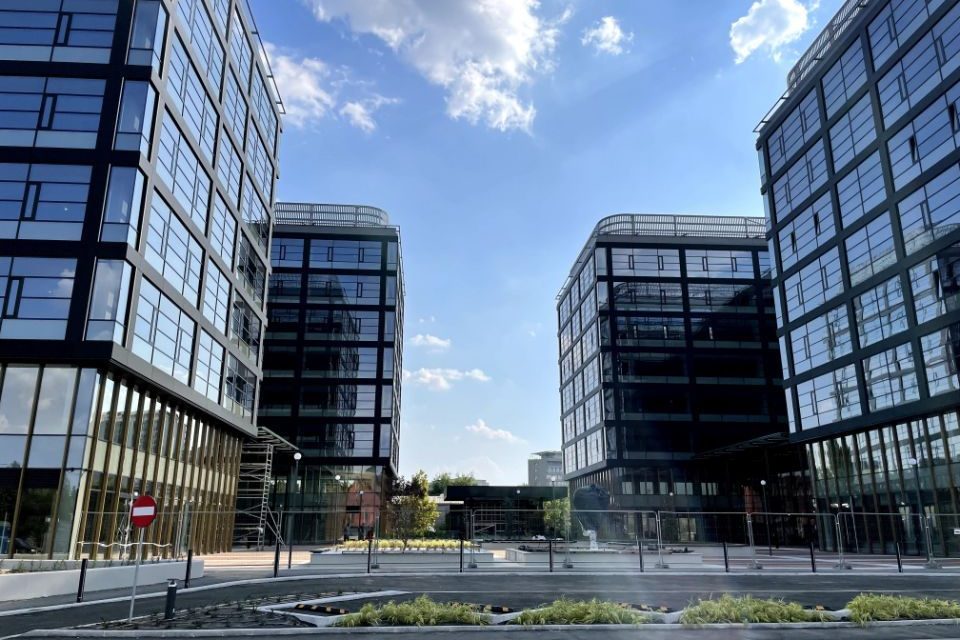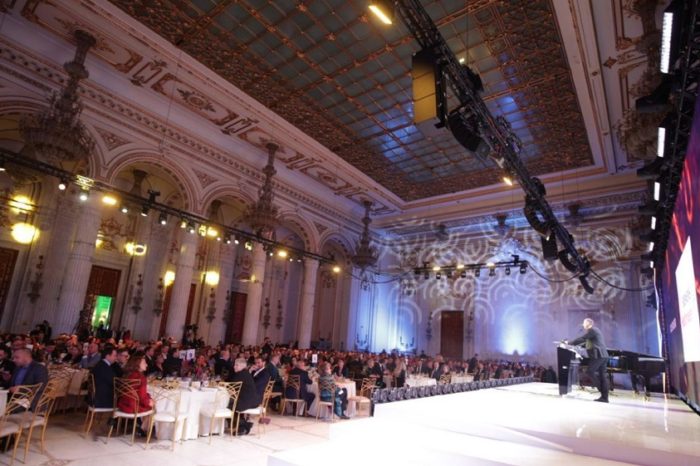Commercial real estate companies expect their revenues to increase in 2025, but remain cautious about changing market conditions

Almost 90 percent of commercial real estate companies (commercial spaces, business centers and office, logistics premises) expect their revenues to increase in 2025, but remain cautious about the changing market conditions, and 60 percent anticipate an annual growth of more than 5 percent, after two consecutive years in which most participants expected revenue declines, according to Deloitte 2025 Commercial Real Estate Outlook. At the same time, more than 68 percent of participants (compared to 27 percent last year) expect real estate fundamentals to improve across areas such as cost of capital, capital availability, property prices, transaction activity, rental growth, and vacancies.
In these conditions, the budget pressure is also decreasing this year – only 7 percent of participants expect further cutbacks in spending, compared to almost 40 percent a year ago. Most respondents (81 percent) identified data and technology as the areas where they are most likely to focus on spending for the coming years, perhaps encouraged by the emergence of generative artificial intelligence (Gen AI).
Regarding the top three macroeconomic trends that could have the greatest impact on their financial performance for this year, the participants in the study identified high interest rates (up from third place last year), followed by cyber risk (down from first place), changes in tax policies (up from 14th) and cost of capital (up from fifth last year).
“Real estate companies’ concern about elevated interest rates is not about further rate increase this year compared to previous years, but rather about the probability of facing a high-rate environment for a longer period, compared to the record low-rate levels from the prior decade. Consequently, real estate players have to adapt their business model to the new reality in the financial market and diversify their sources of financing. Technology investment, mentioned by most participants as the main spending focus in 2025, could be directed, among other things, to the buildings’ energy efficiency, making them eligible for more cost-effective green financing. At the same time, «greening» such assets has the potential to meet both higher investment returns and climate objectives,” said Irina Dimitriu, Partner at Reff & Associates | Deloitte Legal, and Real Estate Industry Leader at Deloitte Romania.
According to the study, sustainability evolves from being compliance-driven to having a financial impact, as firms also look for short-term financial returns and long-term benefits. In this context, companies are paying more attention to deep energy retrofits – 76 percent of participants plan to undertake such operations this year.
The top of assets considered the most attractive to investors has also changed significantly this year. The industrial and manufacturing rank first (up from sixth place last year), assets associated with the digital economy (data centers, mobile towers, etc.) fell to second place, followed by multifamily buildings (up from ninth place), logistics and warehousing (stagnant) and hotel and lodging assets (up from 12th place).
The level of artificial intelligence (AI) adoption in commercial real estate is still in its infancy, with 76 percent of survey participants claiming their organizations are either researching, piloting or in the early stage of implementation of AI processes and solutions. Companies in early stages of AI adoption are primarily focusing on leveraging AI for accounting and reporting (37 percent), but also in financial planning and analysis (36 percent) and risk management and internal audit (34 percent). On the other hand, the most advanced in this process are prioritizing financial planning and analysis (43 percent), risk management and internal audit (37 percent) and property operations (35 percent).
The Deloitte 2025 Commercial Real Estate Outlook study was conducted among approximately 900 commercial real estate companies with assets of over $75 million each, across three regions: Europe (France, Germany, the Netherlands, the United Kingdom, and Spain), North America and Asia-Pacific.














